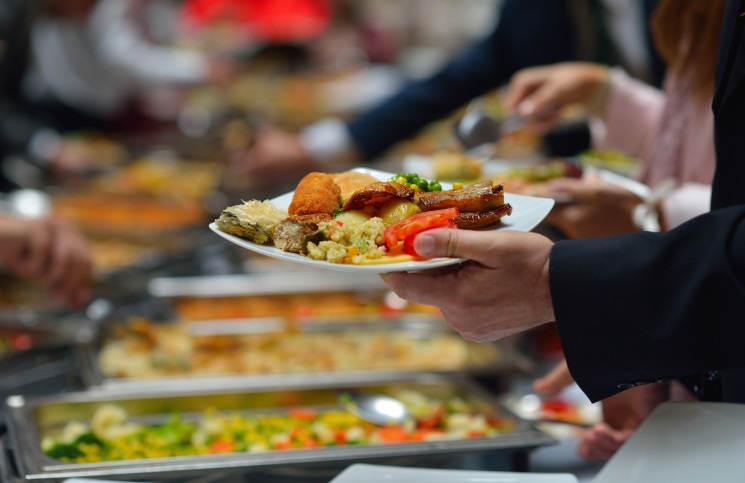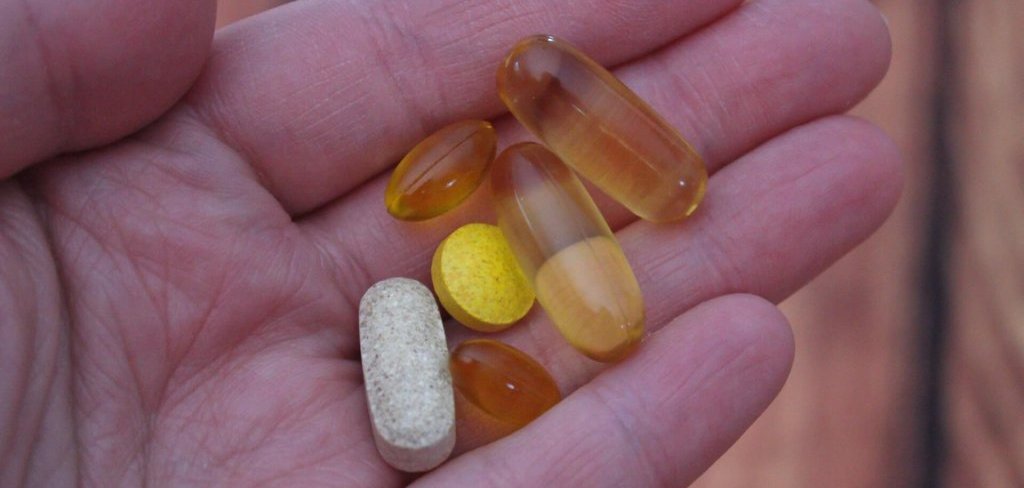You might be surprised to learn that many of the foods labeled as healthy actually aren’t.
The confusion comes down in part to label and marketing trickery from the manufacturers. Mostly, advancements in science and increasing budgets for laboratory based studies on these once-thought healthy foods are quickly teaching us that certain traditionally-accepted health foods actually do more harm than good.
1. Whole Wheat / Multigrain Anything
There are a few major problems with so-called “whole wheat” and “multi-grain” products.
First, there’s the addictive, cancer-causing, metabolism-destroying effects of consuming gluten which is present in all grain products, not just whole wheat or multigrains. It causes inflammation throughout the body, starting in your gut when its digested then spreading that inflammation throughout the digestive tract and finally in the bloodstream. Once in the bloodstream, the gluten remains there unchanged, closely mimicking thyroid cells which causes the immune system to attack them and later the thyroid gland itself (ie., autoimmunity.)
Wheat is also addictive, containing opioid peptides that make grain a harder habit to quit than cigarettes or crack cocaine!
Worse, these products are marketed as being healthier than white bread, pasta, buns, etc. Most aren’t. Don’t let their brown or off-brown color fool you. If you read the ingredients on many of these products, you’ll often find the word “refined” in the first 3 ingredients listed on the product, meaning it’s in fact a refined wheat/grain product. Other than color and taste, there’s virtually zero difference between refined and non refined wheat products, other than more fiber content in whole grains.
2. Dairy
Contrary to what you might have heard, no being or animal on the planet is genetically engineered to process lactose, the sugar found in dairy milk, after they’re done weaning (source). The enzyme our bodies need to break the lactose sugar down begins to dwindle in production after the first few years of life.
This fact has long been known to those in the scientific community. However, national dietary guidelines continue to insist that dairy, particularly milk, cream and yogurt are good for you. Lactose intolerance is just a term used to label people who have an extreme lack of lactase. Lactose in the so-called non-intolerant still causes inflammation throughout the digestive tract and many of the side-effects are still yet to be found (learn more).
3. Fruit Salad
Excess fruit of any kind isn’t good for you because most all are high in sugar (source). Apples, peaches, oranges, tangerines, pineapple, kiwi, berries, cherries, grapes, bananas, and most melons are all loaded with easily-digested carbs which will cause sugar spikes leading to insulin insensitivity, unhealthy rises in cortisol levels (cortisol is a stress hormone) and last but not least; weight gain.
That’s if you’re making a fresh fruit salad at home without adding any toppings or sauces…
If you’re eating a fruit salad from a container, you’re likely getting a double helping of sugar from the syrup the fruit is preserved in. Ditch the fruit and opt for healthy green leafy veggies instead.
4. Cereal
Most of us know how to identify the truly crappy sugar-filled cereals out there like Cap’n Crunch, Count Chocula, Frosted Flakes and other sweet brands. However, there really isn’t any kind of cereal that’s good for you, due to their high sugar content and refined ingredients. If you’re interested in being a health purist, even Kellogg’s All Bran, which is often touted as the best way to get a good chunk of your fiber needs every day, has way too much energy per serving to be healthy.
Don’t be swayed by the promises cereal companies make on their labels, claiming to be high in essential minerals like iron and calcium. For the amount of calories and sugar you’re consuming, your body isn’t getting much of anything good from these foods. Worse, very few people actually measure their serving sizes. On average, most people consume 2 – 3 recommended servings at once, then soak it down with one or two glasses of milk (2 – 4 times the recommendation listed on the box.)
5. Most Restaurant Salads
Who among us hasn’t proudly ordered a fresh Tuscan Chicken or Asian Sesame salad at their favorite restaurant? McDonald’s jumped on the salad bandwagon several years back to capture the healthy crowd of customers that were migrating away from or plain avoiding their fast food restaurant. Most people don’t take into account the fact that most of the ingredients in these salads, other than the vegetables, are actually processed – full of empty calories, processed polyunsaturated fats, sugar and preservatives.
Sure, you’ll get a good dose of fiber, but you’ll also get hundreds of calories containing very little nutrition. Check out the nitty gritty on the McDonald’s Southwest Grilled Chicken. With the dressing added in, you’re eating approximately 450 – 500 calories (¼ RDA for men, 1/3 for women). If you’re going to eat a salad next time you’re out, opt for the garden salad with just a dash of all natural vinegarette dressing.
6. Anything With “Diet” on the Label
Sadly, any food with diet on the label will almost always contain cheap, low cal sweeteners like Aspartame and Acesulfame potassium. The long term health effects of these sweeteners are still being studied, but the prognosis isn’t good. There are no really truly “healthy” sweeteners on the market, except for the “via’s”: Stevia, Truvia, Pure Via, etc.
Even if you pick a product with diet on the label that only uses quality, safe sweeteners, you’ll usually find a long list of dangerous ingredients on the label including nitrates (proven to cause cancer), food colorings, Benzoates, and refined vegetable oils (causes high cholesterol and triglycerides), and many other sketchy ingredients. Diet products will likely kill you or make you sick faster than their non-diet counterparts.




